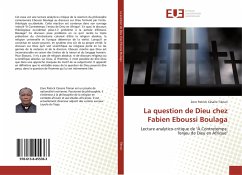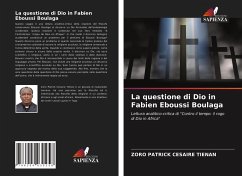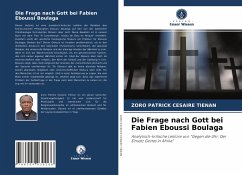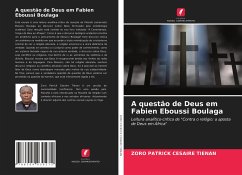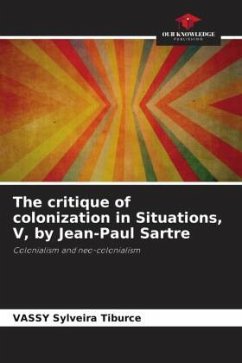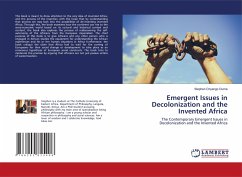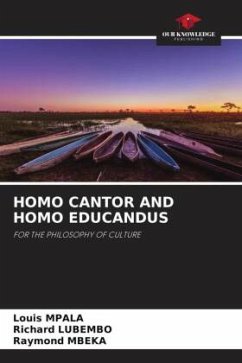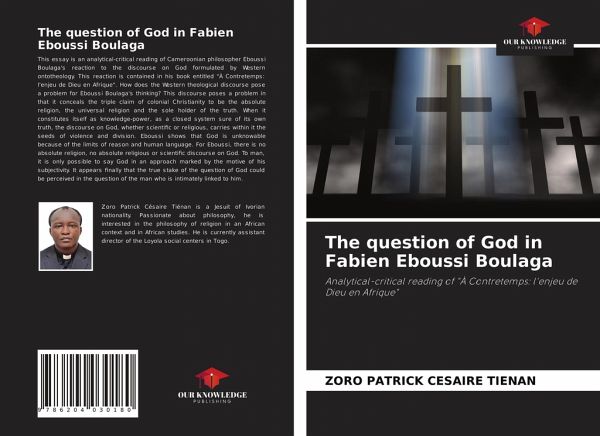
The question of God in Fabien Eboussi Boulaga
Analytical-critical reading of "À Contretemps: l'enjeu de Dieu en Afrique"
Versandkostenfrei!
Versandfertig in 6-10 Tagen
41,99 €
inkl. MwSt.

PAYBACK Punkte
21 °P sammeln!
This essay is an analytical-critical reading of Cameroonian philosopher Eboussi Boulaga's reaction to the discourse on God formulated by Western ontotheology. This reaction is contained in his book entitled "À Contretemps: l'enjeu de Dieu en Afrique". How does the Western theological discourse pose a problem for Eboussi Boulaga's thinking? This discourse poses a problem in that it conceals the triple claim of colonial Christianity to be the absolute religion, the universal religion and the sole holder of the truth. When it constitutes itself as knowledge-power, as a closed system sure of its ...
This essay is an analytical-critical reading of Cameroonian philosopher Eboussi Boulaga's reaction to the discourse on God formulated by Western ontotheology. This reaction is contained in his book entitled "À Contretemps: l'enjeu de Dieu en Afrique". How does the Western theological discourse pose a problem for Eboussi Boulaga's thinking? This discourse poses a problem in that it conceals the triple claim of colonial Christianity to be the absolute religion, the universal religion and the sole holder of the truth. When it constitutes itself as knowledge-power, as a closed system sure of its own truth, the discourse on God, whether scientific or religious, carries within it the seeds of violence and division. Eboussi shows that God is unknowable because of the limits of reason and human language. For Eboussi, there is no absolute religion, no absolute religious or scientific discourse on God. To man, it is only possible to say God in an approach marked by the motive of his subjectivity. It appears finally that the true stake of the question of God could be perceived in the question of the man who is intimately linked to him.



